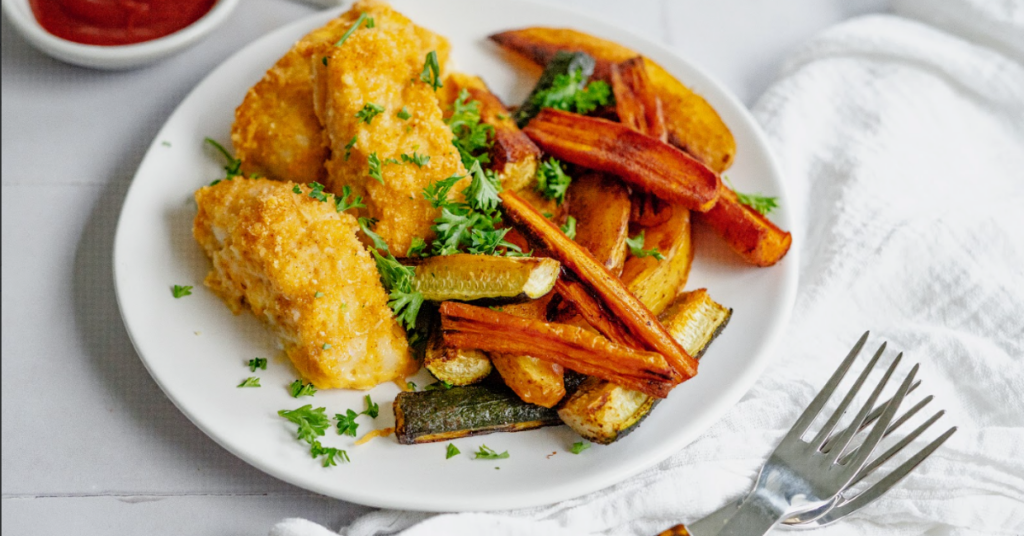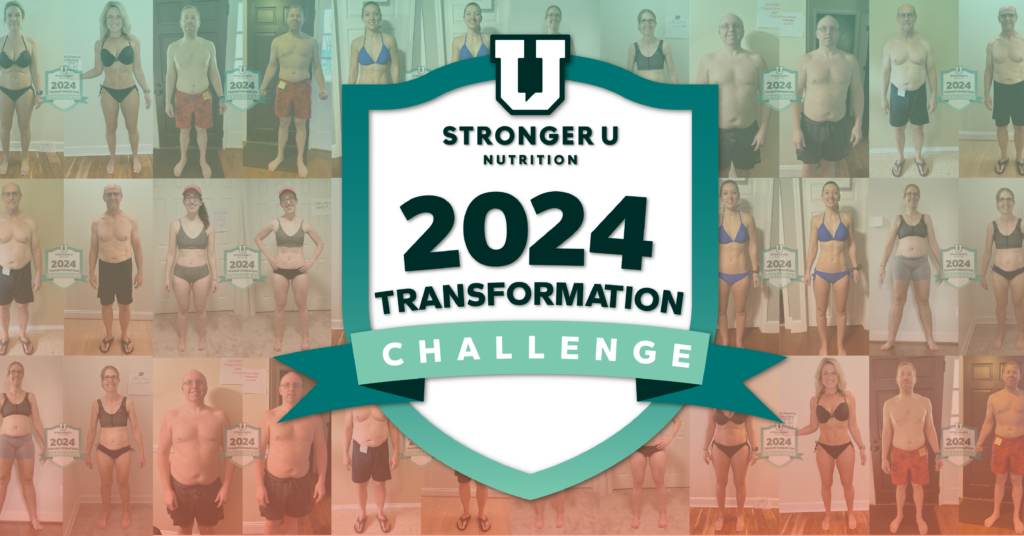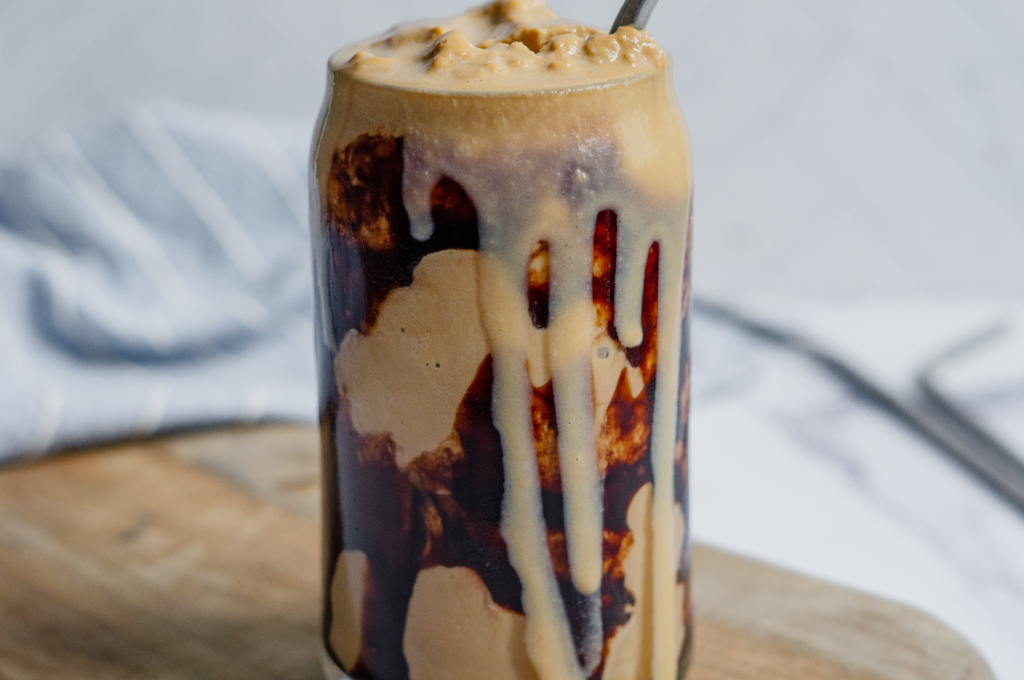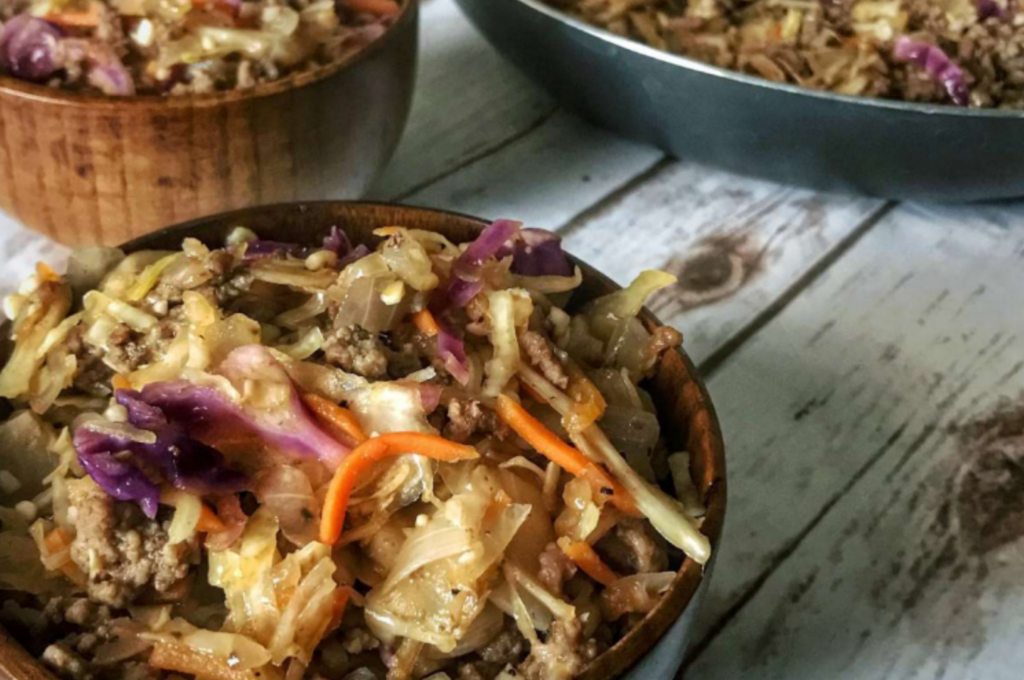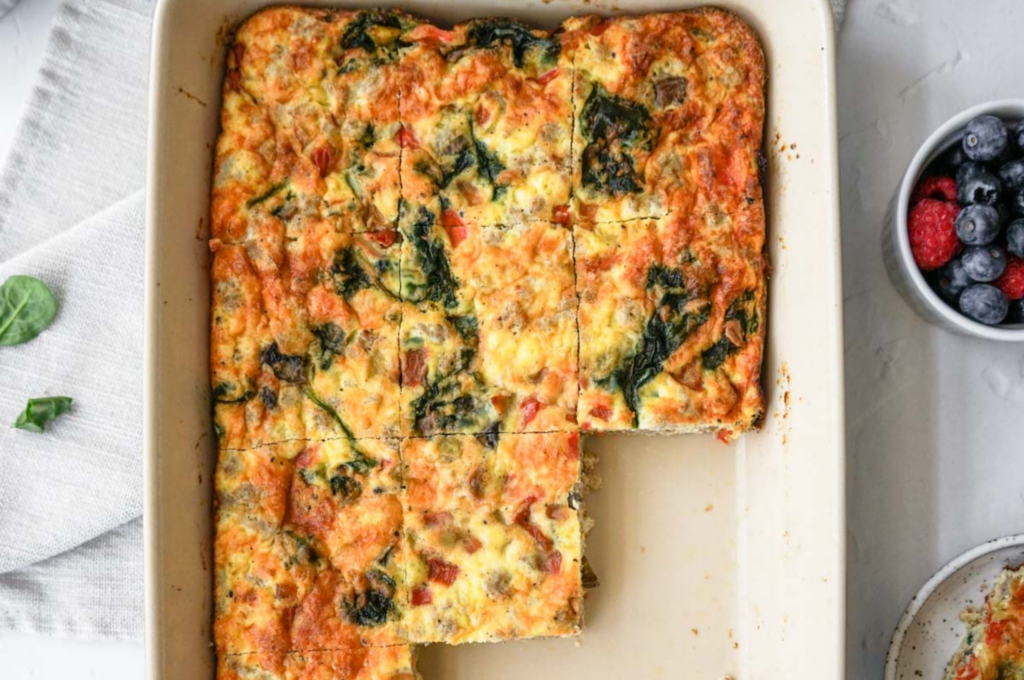At Stronger U, we work with people who come from all walks of life looking to lose weight. One of the most common complaints we hear is from our female members who are over 40 and feel that age and hormones have made their weight loss goals impossible. This blog will cover factors and fixes to show that you can still hit your goals no matter your age.
Is it all because of menopause?
Menopause is one of the first reasons mentioned when it comes to women over 40 and difficulty losing weight. And while menopause undoubtedly plays a role, it isn’t the only answer. Menopause is also a highly complex event that goes beyond the scope of just this blog.
So if it’s not just menopause, what is it?
Weight loss and weight gain is a multi-factorial process.
Outside of menopause, metabolism is one of the most common reasons why weight loss is so difficult. And it’s true, as you get older, your metabolism isn’t what it used to be.
Our metabolic rate does decrease with age. This doesn’t mean that we’re all guaranteed to have a “slow” metabolism, though. Our metabolic rate typically doesn’t decrease by near the amount most of us would expect.
Starting at around 20 years old, the basal metabolic rate tends to decline by about 1-2% per decade, which means that someone whose basal metabolic rate is 2,000 calories at 20 years old will now burn around 1,960-1,980 calories per day at 30 years old. That’s hardly the difference that most of us imagine it to be.
Weight loss gets harder with age thanks to a number of factors.
The real culprit here isn’t just age, and it’s not a metabolism that grinds to a halt. Like most things, losing weight as we get older is more difficult thanks to a number of factors. Let’s look at some of those.
The importance of muscle mass.
Muscle is a metabolically active tissue that not only helps you stay strong; it also burns more calories at rest than the same amount of fat tissue would. As we age, our muscle mass levels start to decline naturally. It’s hard to get an accurate idea of how much muscle mass the average person loses each year, but most figures tend to show that inactive individuals tend to lose about 3-5% of their muscle mass with each passing decade after 30.
Declining muscle mass rates are going to lead to us burning fewer calories on a daily basis, which is another way of saying our metabolism adapts and downregulates. Even then, declining rates of muscle mass aren’t the only issue here. As we get older, our physical activity levels decrease. This means that we’re burning fewer calories every day just moving our body.
We firmly believe that exercise and activity shouldn’t be used as major weight loss aids, and we’re not going to say that you can fight back against age by constantly moving. But we do know that all the non-intentional activity on a daily basis, known as NEAT (or non-exercise activity thermogenesis), makes up anywhere from 15-30% of our daily energy expenditure.
All of this can be laid out like a math equation to explain why weight loss becomes more difficult as we get older.
Declining muscle mass + naturally declining metabolic rate + declining levels of physical activity = weight gain and more difficult weight loss.
For most of us, the reason that we struggle to lose weight or make a meaningful lifestyle change has nothing directly to do with our sex, declining metabolism, or a loss of muscle mass. It has everything to do with the fact that we’re fighting against the previous years’ inertia.
If you’re someone that, from 22-45, didn’t make your health or weight a significant priority, then when it comes time to try and lose weight, you’re fighting against decades of ingrained habits. Many of our behaviors, especially around food and activity, are already set.
So how can we make weight loss possible?
By now, you’re probably aware that there’s not a one-word explanation for why weight loss can be more difficult as we get older. However, just because there’s not a simple explanation, we know of a few research-backed tips that we can practice daily. These not only help us live a healthier lifestyle. They can also aid our weight loss efforts.
- Follow an eating plan that keeps you in a consistent, steady energy deficit.
Weight loss ultimately comes down to requiring you to consume fewer calories than your body expends. This may look different than it has in the past for you, and it does NOT require removing whole food groups or following the newest diet trend. Make most of your diet consist of fruits, veggies, whole grains, lean meat, and healthy fats while leaving a little bit of room for treats here and there is a great way to approach your eating. You can create the best opportunity for weight loss by tracking your food intake and aiming to hit a calorie or macronutrient amount that supports a sustainable energy deficit. For most women, setting a calorie goal for your body weight (in lbs.) multiplied by 10-12 is a good place to start.
- Eat a high protein diet.
Protein helps support vital functions, immunity, etc., but it also helps us build and retain muscle mass, which plays an important role in our metabolic rate and helps us feel full. We usually recommend anywhere from .7-1 gram of protein per pound of your body weight.
- Exercise regularly.
Directly related to retaining muscle mass: exercise regularly. Resistance training will be the gold standard here, as that tends to influence building and retaining muscle mass over most other forms of exercise. But at the same time, if resistance training is something you hate, don’t skip exercise altogether. Instead, find something that you love and stick with that consistently, whether it’s dancing, biking, hiking, swimming, Pilates, or any other form of dedicated physical activity. The perfect exercise regimen is the one you can stick to.
- Move your body throughout the day.
As we get older, we move less. That’s a fact of life. It’s also a fact of life that we can try to combat by being intentional about moving our bodies more regularly, which is not only good for us from a musculoskeletal perspective but is also good for us from a metabolic health perspective. Going on dedicated walks, playing with the kids and grandkids, cleaning your house, gardening, shoveling the snow or any other thing you can do in a given day that involves moving your body is going to be a good choice here.
In closing
We can’t overstate the importance of patience. For many of us, starting a weight loss program also means starting to evaluate a number of the choices we make on a daily basis. This can feel overwhelming as we start to examine the kitchen, the gym, our sleep, and a number of other factors with a different point of view.
You don’t have to change all of those things overnight. Implementing small changes, like prioritizing lean protein and walking every day, can pay dividends. Those behaviors can accumulate over time, help you lose weight, and lead to other positive behaviors. You don’t have to be perfect. Just consistent.
For more information on menopause-related concerns, sign up for our menopause webinar that’s taking place this Friday, December the 18th, at 12pm EST.




